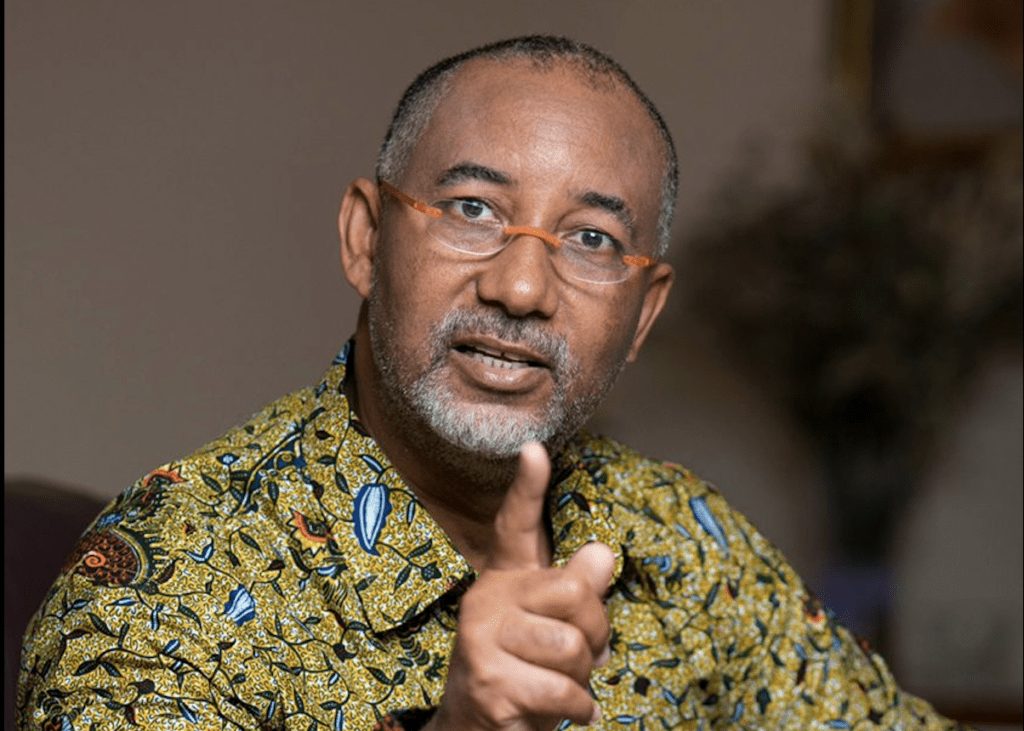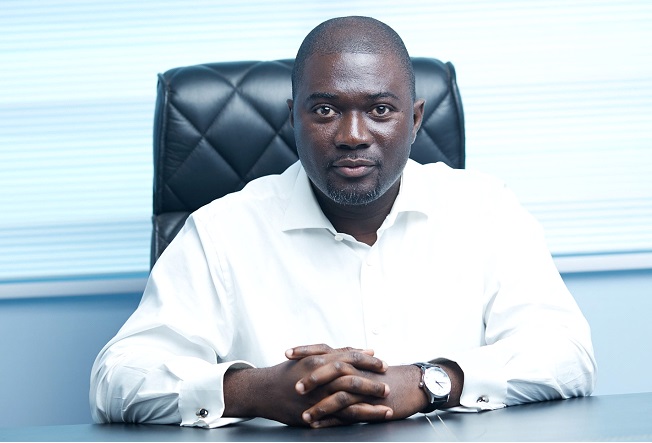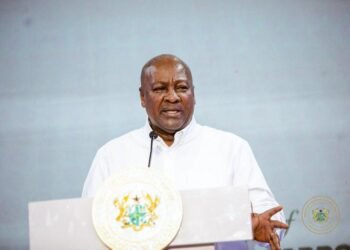Executive Secretary of the Chamber of Petroleum Consumer (COPEC), Duncan Amoah, has revealed that the first consignment for the gold for oil policy will have marginal impact on the market if it’s not increased.
According to him, the government must scale up and import more of the petroleum product otherwise the paltry 41,000 metric tonnes imported into the country will not have the desired reflection at the pumps. He indicated that initial checks with the Bulk Oil Storage and Transportation Company Limited (BOST) indicates that the 41, 000 metric tonnes that was brought in has probably been sold off already.
To this end, Mr Amoah noted that meaningful impact will be achieved only when the gold for oil programme is able to exceed 70 to 80 percent of market demand.
“We need to scale up but the agreement would need to be put out there so we know when to expect what cargo [and] how much in terms of metric tonnes… then we can do the projections but at present, the volumes are too meagre to cause any change in pump prices like we’ve witnessed this week.”
Duncan Amoah
Mr Amoah highlighted that the first consignment of petroleum product under the policy could do just about 20% of market demand. By this, he explained that there’s an overwhelming backlog of 80% of market demand still controlled and probably imported for by the private Bulk Distributing Companies.
“So, whatever figures they get would necessarily subsume whatever savings that the gold for oil consignment could have on any Ghanaian. So, you will need to scale up and that again will also come from the sort of agreement that we are entering into as far as this gold for oil programme is concerned.
“At present, we might not have any meaningful impact with the gold for oil consignment and the kind of prices which may even be lower than what BDCs are putting on the market, simply because, if you immerse into the broader basket, what you will find from the BDCs will still be a lot more than what gold for oil has brought in.”
Dunca Amoah
Gold for Oil policy’s impact in the market
Commenting on whether the consignments may likely get to 80%, Mr Amoah noted that it will depend on the arrangement between government and the intermediary for the deal. He underscored that the petroleum product from the deal must dominate the market demand aginst the ones imported by BDCs.
“That will depend on whatever sort of arrangement or agreement we do have with the intermediary paying for the oil from the OCC; what sort of arrangement we’ve even made with the OCC for what number of cargoes to be shipped within each week and each month.
“If we are able to scale up like I indicated, then we will be looking at a situation where the gold for oil consignment could necessarily dominate the market… Then you can safely say that whatever savings that the gold for oil programme comes with could impact our market but at present, I’m afraid there’s not much we can report on.”
Duncan Amoah
Nonetheless, he emphasized that if government is importing just 20% of the market, the remaining 80% will necessarily also have to come from elsewhere and those prices will dominate what the pumps will eventually make consumers pay more.

His comments followed former Chief Executive of the Ghana National Petroleum Commission (GNPC), Alex Mould’s, dismissal of assertions that gold for oil will lead to fuel reduction. Mr Mould revealed that there is no cheap oil anywhere, and he can “bet” his last cedi that “we will not see a 20% decrease in fuel because of the gold for oil deal”.
Prior to this, he expressed the belief that the gold for oil policy is simply a cunning ploy by government to enrich certain players within the sector. He revealed that these players will invariably capitalize on the major elements of the policy which are gold and petroleum products for their benefits.
READ ALSO: The Challenges Within The NDC Will Not Take Away Issues Of NPP- Political Scientist























